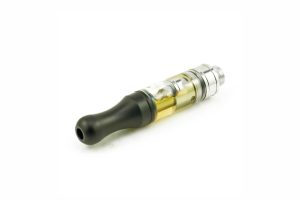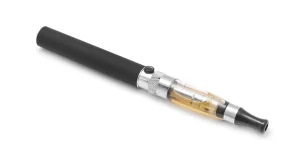
The Future of Energy Efficiency in Industrial Boiler Operations and Design
Heating equipment has become more advanced through smart technology and automation. The focus is now on optimizing energy use while ensuring stable and safe operations. Continuous progress allows better heat transfer and minimal wastage during production cycles. These developments bring new design structures that enhance reliability and reduce maintenance needs. Today, the concept of industrial steam boiler technology stands at the center of sustainable growth in energy management.
Innovative Engineering Supporting Modern Efficiency Goals
Advanced engineering has redefined how energy is utilized within heating systems. The focus remains on achieving maximum productivity with the least power consumption.
- Compact designs now reduce fuel use while maintaining high performance levels
- Improved heat recovery systems minimize waste and increase thermal conversion
- Upgraded burner controls balance pressure efficiently during long working cycles
- Real-time adjustments ensure energy flow remains stable under changing loads
These developments have created an industry standard for better sustainability and safety.
Integrated Control Systems for Better Regulation
Automated control structures now guide performance through advanced sensors and software. They help operators manage steam flow efficiently without overusing energy resources.
Smart Technology Reshaping Operational Efficiency
Modern sensors and data networks have introduced higher control accuracy across heating units. Automation monitors temperature and pressure instantly, reducing manual involvement. This system ensures steady operation and prevents unnecessary fuel loss. The combination of these upgrades guarantees that machines run longer with consistent output. Through innovation, industrial steam boiler efficiency continues to rise while power usage remains low.

Advanced Components Boosting Energy Conservation
New materials improve durability and help maintain higher heat absorption levels. Each component functions efficiently under continuous temperature fluctuations.
- Enhanced tube coatings retain heat longer during extended operations
- Sealing technology eliminates leaks, preventing energy escape points
- Efficient feedwater systems balance steam ratios without overheating risks
- High-strength alloys reduce corrosion in long-service applications
- Modular panels provide easier maintenance for reduced downtime periods
These elements bring balance between strong output and controlled energy usage.
Energy Management: Enhancing Process Stability
Efficient management methods keep heat generation steady during continuous workloads. Energy recovery ensures each cycle maintains balance without increasing fuel demand.
Sustainable Practices Encouraging Future Development
Sustainability programs now guide how industries design new systems. Manufacturers focus on low-emission production, promoting environmentally friendly solutions. These practices have reshaped how companies define responsibility within industrial growth.
Frequently Asked Questions Section
- What makes an industrial steam boiler energy efficient?
Its design focuses on maximum thermal transfer and minimum energy loss
- How do control systems improve fuel savings?
They regulate combustion and maintain consistent operation under all loads
- What ensures the long life of heating systems?
Durable materials and scheduled servicing maintain structural integrity
Sustainable Innovation Defining Energy Advancement
Energy efficiency is now the foundation for industrial heating development. Modern systems combine intelligent designs and renewable solutions for improved performance. Every upgrade reflects the movement toward smart production and lower resource use. Engineers now focus on designs that reduce waste while maintaining output power.
Continue Reading























































